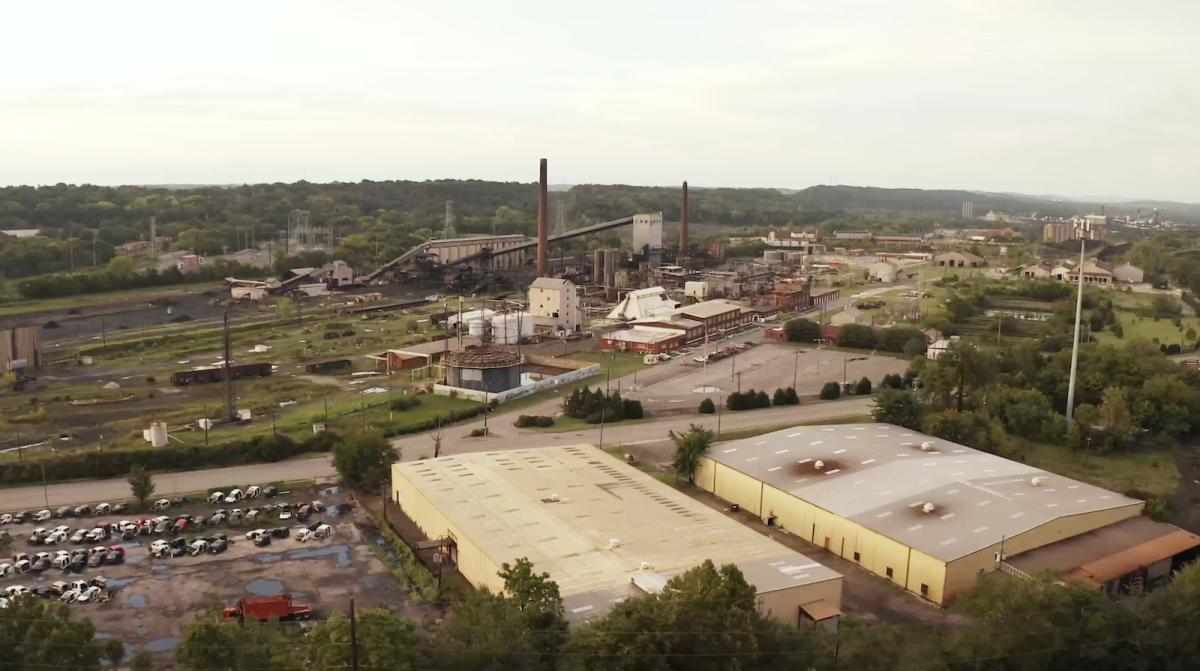This story was originally published by ProPublica.
By the spring of 2020, the century-old industrial plant on Birmingham’s 35th Avenue was literally falling apart. Chunks of the metal doors fronting several of the 1,800-degree ovens — which heat coal to produce a fuel called coke — had broken off and tumbled to the ground.
With the doors damaged, the toxic chemicals they were supposed to contain within the ovens leaked out at an accelerated rate. The fumes should still have been captured by a giant ventilation hood that had been put in place to suck up emissions. But that system was broken, too, causing plumes of noxious smoke to drift across the city’s historically Black north side, as they had done so many times before.
Months earlier, a regulator with the Jefferson County Department of Health had sent a letter warning the plant’s owners that they could soon be cited for failing to prevent pollution from escaping from the ovens in different ways.
“It seems inevitable,” the letter said.
But in the months that followed, the company that had recently bought the plant told regulators it was unable to make millions of dollars worth... Read more



